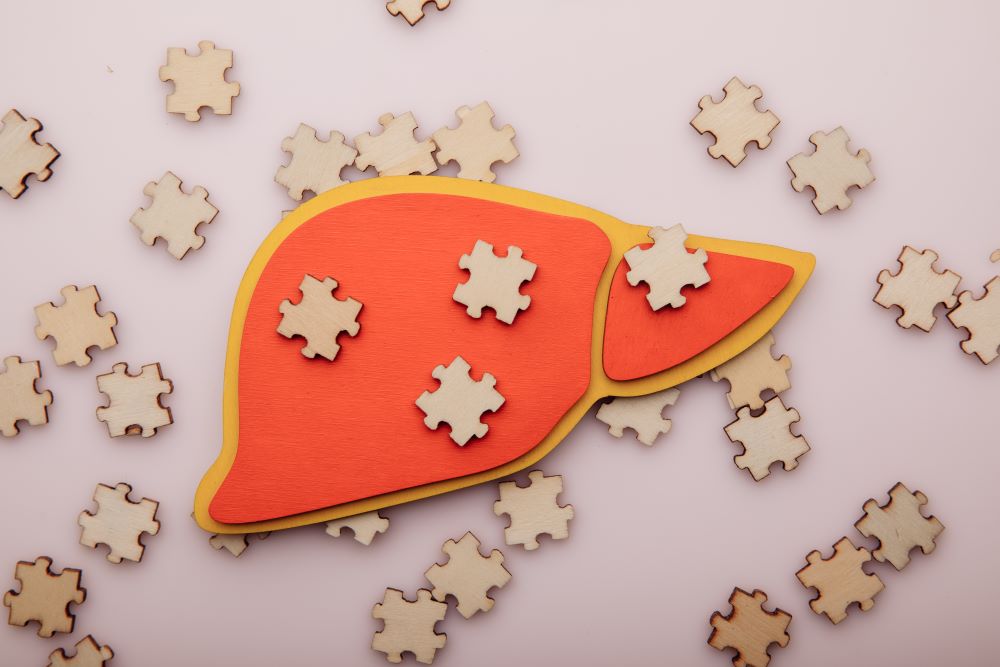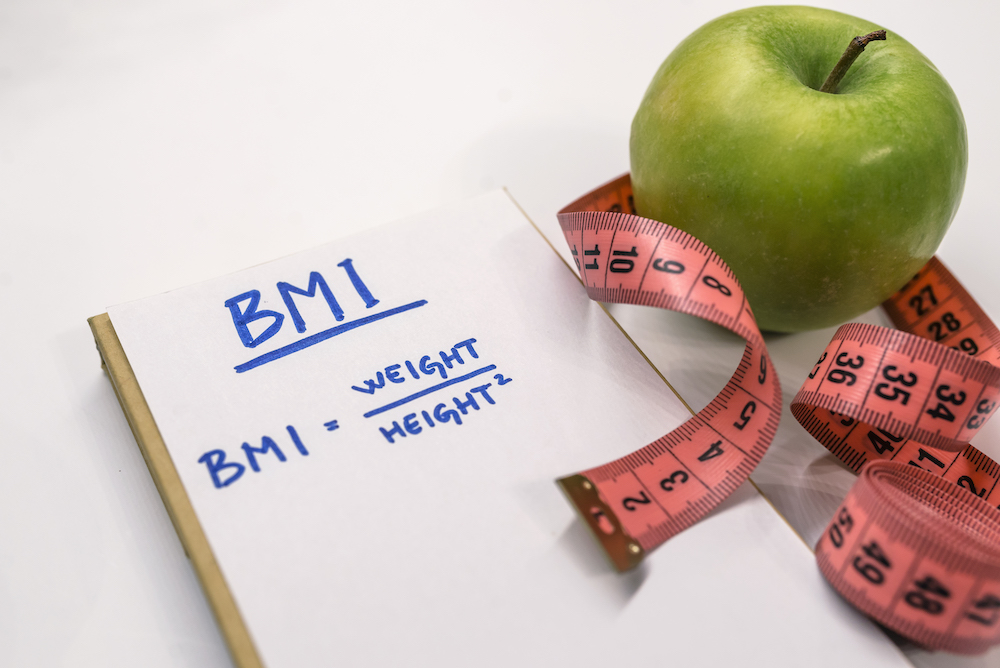Constipation: causes and remedies

Constipation can be a common condition that impacts people of all ages. In this article, we will tell you about the causes of constipation and, more importantly, how to get rid of it. This can vary from person to person, so try to use this article to help identify the cause of your case.
Stress
Do you often experience stress or end up in high-stress situations? Your intestines are highly sensitive to stress and react accordingly, so try to bear that in mind. This type of constipation usually disappears on its own after a few days.
What you can do: Focus on relaxation and sleep. By relaxing enough and listening to your body, you can prevent a lot of stress and fatigue. So, consciously schedule relaxation time and aim for 7 to 9 hours of sleep per night.
Imbalance in gut flora
An imbalanced gut flora (microorganisms) can manifest in several symptoms, including constipation. You may also experience abdominal pain or a weaker immune system.
What you can do: Opt for a probiotic supplement. This supplement contains billions of beneficial bacteria for your intestines and supports and restores any damaged gut flora.
Insufficient fibre and magnesium
A deficiency of these important substances can lead to constipation. Fibre and magnesium contribute to proper digestion. Magnesium has a mildly laxative effect, which you won’t notice on a daily basis. However, if you don’t get enough of them, you will experience constipation.
What you can do: Add extra fibre to your diet. Try chia pudding for breakfast or add chia seeds to your water. This way, you not only increase your fibre intake but also consume additional water, which is crucial. You can address magnesium deficiency by eating leafy greens, bananas, nuts, and seeds.
Dehydration
Dehydration is a common cause of constipation, so drinking plenty of water is important. If you don’t drink enough, the fibres won’t be able to do their job effectively. Water is essential for proper digestion.
What you can do: It’s actually quite simple. Ensure you drink at least 1.5 to 2 litres of water daily. Add lemon, mint, or another fruit if you find plain water boring.
Chronic bowel problems (Crohn’s disease)
Crohn’s disease is an example of a chronic bowel problem. With this disease, inflammation occurs in the intestines, leading to strictures and constipation.
What you can do: Since Crohn’s disease is chronic, it sadly cannot be cured. However, you can ensure that you eat a varied diet and drink enough water to promote digestion.
Incorrect posture
The sitting position on the toilet can exacerbate constipation. It can cause additional problems, such as haemorrhoids and pelvic floor issues. Of course, you want to prevent this.
What you can do: Place a stool under your feet when sitting on the toilet. This way, you sit in a natural and comfortable position. Make sure your knees are higher than your hips.
Pregnancy
During pregnancy, the function of the intestines slows down. This is due to the enlargement of the uterus and hormonal changes.
What you can do: Unfortunately, there isn’t much you can do about this during pregnancy. However, you can ensure that you eat a varied diet and drink enough water to promote digestion.
If constipation persists for more than two weeks, consult a doctor.


